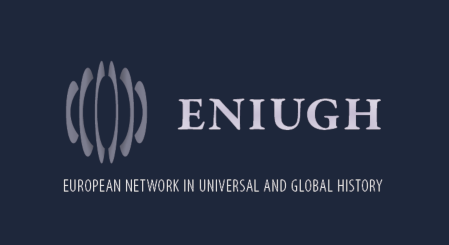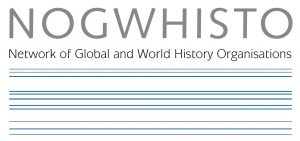Recent decades have seen the re-emergence and, on an unprecedented scale, the further development of various interacting strands of world, global and transnational history, all sharing the common aim of transcending national historiographies. Central to these intellectual enterprises has been the study of connections and comparisons. These perspectives provide for sustained reflection on a great variety of themes and studies. Under the framework of “Connections and Comparisons” about 100 panels presented new findings on research topics, including the following:
- Entanglements between polities, societies, communities and individuals situated in, or spanning, different regions of the world
- Interactions between humanity and the environment, including those which developed over the very long term, through the cultural and economic histories of material and social life
- Histories of empires, large-scale crises, international organisations, and the intercontinental sources and consequences of revolutions, whether political, technological, social or ideological
- Exchanges on oceans as spaces of sustained interaction between communities from different continents, the experience and consequences of migration, periods of ‘de-globalisation’ and ‘globalisation’
Not least, this included a critical reflection on the methodological and conceptual issues involved in comparative, transnational and entangled histories: both in general terms as well as in relation to specific areas of historical inquiry, from religions to real wages and from diasporas to epistemic communities.
The common emphasis was a commitment to transcend national historiographies and explore different approaches to wide-ranging comparisons.
The programme of the congress can be downloaded here.
_________________________________________________________





